People
Group Lead

Verena´s research and teaching are based on knowledge from multiple disciplines - including all aspects of forestry, modelling, economics, decision theory, and risk management. The focus of her scientific work lies on:
- fundamental research regarding the characterization and quantification of forest resources and their development over time, and
- the synthesis of disciplinary knowledge towards the development of computer aided decision processes and systems that inform forest management considering the sustainable use of multiple forest resources.
Administration
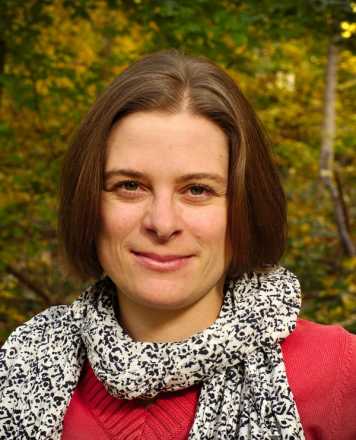
Ariane supports the group in all administrative, human resources, accounting and financial matters. She organizes events, workshops, group activities, and is the first point of contact for our visiting scientists. She organises web content, and maintains the group’s website. Ariane is also the project manager of the SNF-Funded UPSCALE project (2024-2028).
Postdocs & Senior Researchers

Mirela’s research centers around the intersection of forest ecology, remote sensing, and climate change. In particular, she seeks to understand the future of Earth’s forests in a changing climate. She investigates how human-caused climate change and drought affect forest ecosystems, including biodiversity, species distribution, tree resistance, resilience, recovery, and mortality. This, in turn, can help us better manage them to ensure sustainable provision of goods and services.
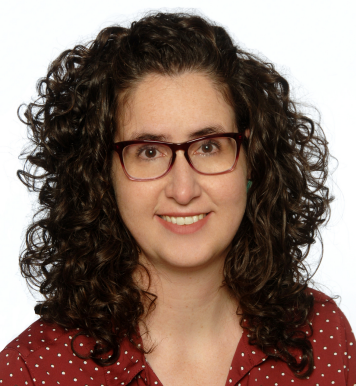
Olalla's research centers on the dynamic nature of forests and the impacts of management and natural disturbances on their ecosystem services. She is particularly intrigued by the uncertain future of forests and forestry under risk, seeking answers to questions about sustainable forest management, resilience, and trade-offs among ecosystem services. Olalla enjoys working with forest dynamics models to predict future forest conditions. However, her interests also extend to data exploration, numerical analysis, and creating models that provide insights into the inner workings of forest ecosystems. At FORM, Olalla assumes the group deputy role and actively contributes to teaching and mentorship efforts.
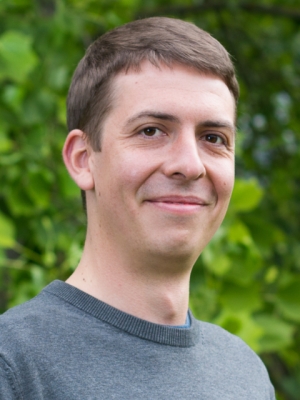
Jasper is interested in forest economics and forest planning under risks and uncertainties. He develops simulation-optimization models to tackle the inherent trade-offs when allocating scarce resources in forest management. Combined with methods from different fields, such as econometrics, this allows for (1) assessing impacts of disturbances and in particular unprecedented extreme events on ecosystem service provision, (2) understanding how economic risks may be moderated by management, and (3) identifying rational decisions and their likely consequences for forest enterprises. This contributes to identifying pathways towards resilient forest enterprises and landscapes.

Mathieu is the head of the Silviculture Group. His research and teaching focus on silviculture, forest ecology and forest management. He examines the vulnerability of native and non-native tree species to climate change, with the aim of developing adaptive silvicultural strategies to strengthen forest resilience in the face of global change.

Khatereh is part of the UPSCALE project and is responsible for developing deep learning methodologies using multimodal data fusion techniques to support forest monitoring and the detection of forest health decline. She uses multi-temporal and multispectral remote sensing datasets to design models and algorithms that can detect critical ecosystem transitions, which will serve as early warning signals in forecasting approaches for forest mortality risk. Her work includes the development of deep learning architectures—such as object detection and semantic segmentation—for the identification of single and multiple tree species, contributing to more accurate and scalable assessments of forest dynamics in the context of environmental change.
PhD Students & Research Assistants
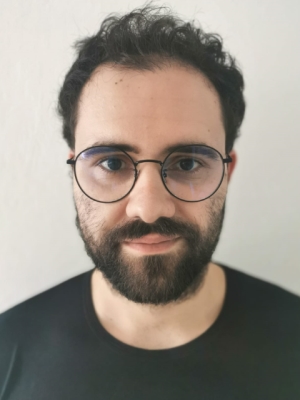
Luca is working on forest mortality forecasting in the framework of the UPSCALE project. He works on integrating high-resolution remote sensing data with traditional ground-based forest monitoring data and develop statistical and deep learning models to assess early warning signals and forecast drought stress and mortality risk. The aim is to support stakeholders like forest owners and authorities with information for improved decision-making in managing forests.
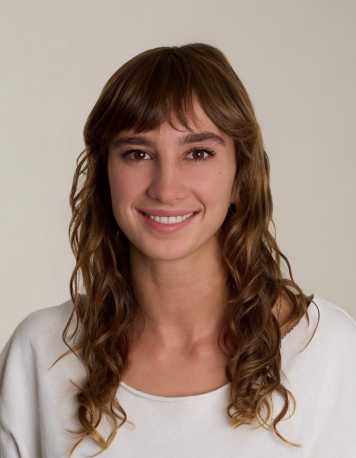
Noemi provides administrative and organizational support to the group. Her responsibilities include logistics, as well as the preparation and coordination of lectures, internships, and excursions in the fields of forest ecology, forest disturbances, silviculture, and natural hazards. She also offers scientific support to group members and organizes group activities.
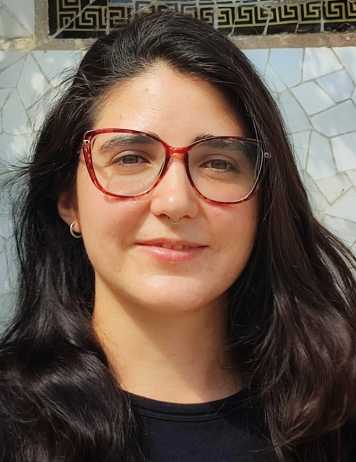
Paloma works on the assessment of uncertainty in the projection of natural disturbances in long-term forest landscape dynamics, with a special focus on forest fires. She studies the formulation of processes in landscape-level forest dynamics models to analyse the interaction between climate change and natural disturbances. The aim is to provide robust projections to inform forest management decisions.

Emmi is working on the short-term acclimation potential of natural regeneration of Fagus sylvatica under climate change. The goal of her research is to understand whether natural regeneration in drought-affected European beech stands shows increased drought-stress tolerance. Her work will contribute to improving scientific understanding and management practices that strengthen the resilience of European beech and temperate forests under increasing climatic uncertainty.
Emmi is based at both ETH Zürich and WSL. Her work at ETH is supervised by Dr. Mathieu Lévesque and Prof. Dr. Verena C. Griess, and at WSL, she is supervised by Dr. Julia Schwarz..

Volodymyr’s research focuses on forest management planning and economics at the landscape scale. He investigates socio-economic heterogeneity in the demand for forest ecosystem services in Swiss landscapes. He develops a scalable indicator framework to capture this demand. The framework will be integrated into a spatially explicit decision support system to identify the optimal allocation of different management regimes within a landscape. In this way, his research contributes to addressing the growing diversity of societal demands on forests under uncertain environmental conditions.
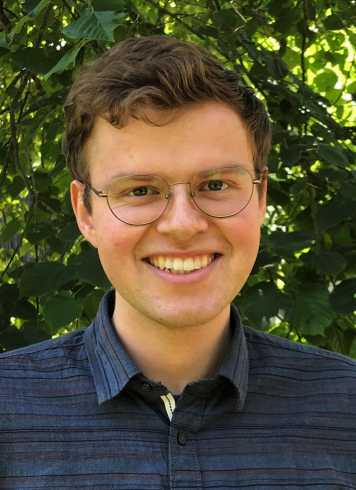
Simon is assessing the impact of climate change and forest management strategies on the provision of forest ecosystem services and on the predisposition to disturbances. The work focuses on case studies in the Slovenian and Swiss Alps, covering a wide alpine biogeographic gradient. Various methods essential for long-term forest planning will be applied, including climate-sensitive forest-growth simulations and indicator frameworks to support forest enterprises in their decisions.
Simon is based at WSL and supervised by Dr. Janine Schweier, head of Sustainable Forestry, WSL.
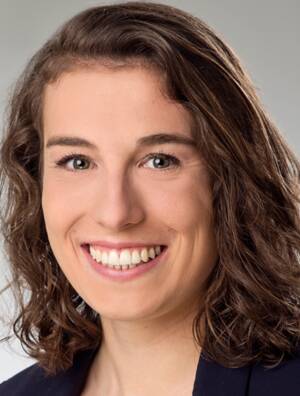
Sina is working on forest management decision support systems that allow to manage our forests sustainably under various risks and uncertainty. Sustainable forest management plays a key role in climate change mitigation, for biodiversity, and for the provision of ecosystem services. In an increasingly complex and diverse environment, DSS are thus highly relevant tools for sustainable planning and management of forest resources.
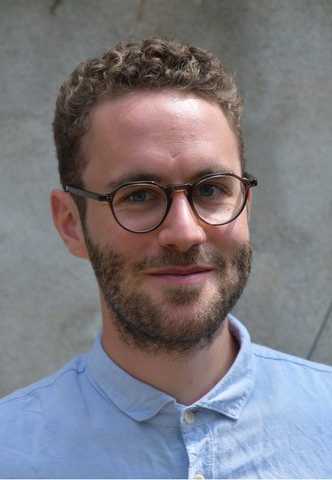
Pascal is interested in exploring the complexities of tree mortality. He is particularly interested in better understanding the cascading effects leading to tree mortality so that forest managers can be warned in advance to avoid diebacks. Under the UPSCALE project, he will study indicators for tree and forest health that can be used as early warning signals. This includes the assessment of alternative stable states of forest ecosystems and identification of potential tipping points.
Pascal is based at WSL and supervised by Prof. Dr. Arthur Gessler, Group leader of Ecosystem Ecology, WSL.

Zhongyu is working on the subject of tree species identification in RGB arial images and TLS data using Deep Learning. Monitoring species composition is a central point for having more effective and sustainable forest management practices in the context of global climate change. Zhongyu will process and analyze remote sensing data, develop models and algorithms for accurately detecting tree species, and assess the transferability of models to large scales.
Staff
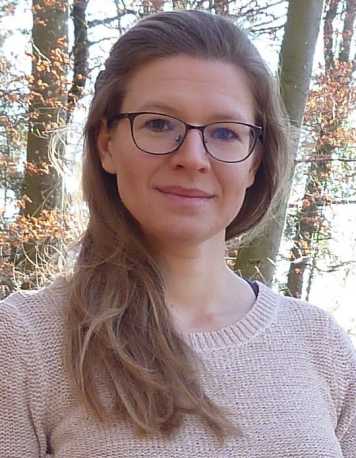
Noëmi is responsible for the coordination of the Forest and Landscape Management major, as well as for the master level course "Applied Forest and Landscape Management Lab (aFLM lab)".

Yara is a GIS Assistant supporting the GISTeam in the preparation and delivery of lectures and practical exercises. Her core responsibilities include contributing to the project on strengthening GIS competencies and training units, updating/designing GIS exercises and supporting students during courses and practical sessions.

Maaike is a project manager for research-related initiatives at FORM, including Combustion Free Valley and its subproject Bike to LaPunt, as well as an ETH Heilbronn Summer School on “Managing Terrestrial Resources using Earth Observation and AI.” She is passionate about translating research into accessible formats at the science–society interface. She divides her time between the Forest Resources Management group, and the Ecosystems Management group, where she manages Mainstreaming Wood in Construction (MainWood), an interdisciplinary project on the Wood Supply Chain in Switzerland.

Samuel supports the GIS team in administrative, organisational and teaching matters. He is also working on the development of new teaching units and didactic concepts.
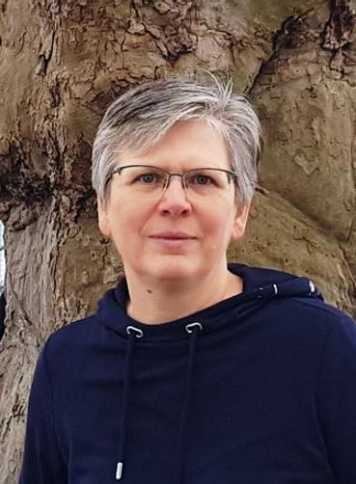
Monika leads the GIS team and is responsible for the GIS education at the Department for Environmental Systems Science (USYS). She teaches three GIS courses at Bachelor and Master levels and is responsible for the organisation of our Integrated Excursions. She provides GIS support for students, lecturers and researchers.

Mayumi is a GIS Assistant supporting the GIS Team in the preparation and delivery of lectures and practical exercises. She is currently pursuing her Master’s degree in Human Geography at the University of Zurich, where she is also writing her Master’s thesis and taking advanced GIS courses. With her academic background at UZH and professional experience at the City of Zurich, Mayumi brings fresh perspectives to the team.
IT
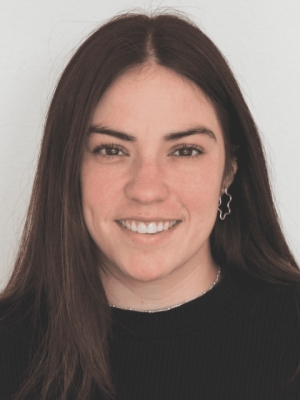
Josefa provides scientific assistance regarding data management and analysis. She is responsible for the standardization and efficiency of programming codes, as well as the accessibility and storage of data used by the group.
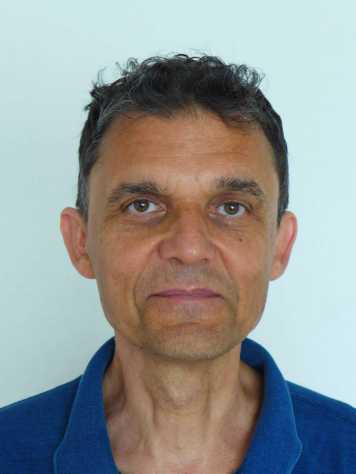
Gilbert provides hardware and IT support to FORM as well as other groups within the Institute of Terrestrial Ecosystems (ITES).
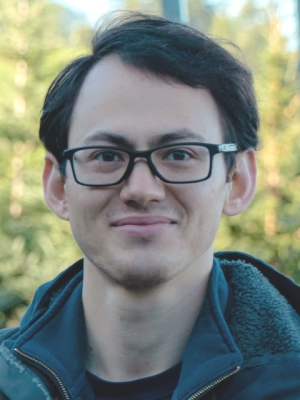
Normand is our scientific programmer and supports the group’s research projects regarding all aspects of coding. Furthermore, he provides technical support to address the group’s IT needs.
Visiting guest(s)

Lin's research focuses on vegetation monitoring using hyperspectral remote sensing, specifically through hybrid AI models and advanced feature selection. As visiting postdoc, Lin investigates the recovery and resilience of European forests. By integrating SIF, GEDI, and hyperspectral data, his work aims to advance the sustainable management of forest ecosystems.

Rasta's research focuses on individual tree crown detection and delineation, species identification, and tree vitality assessment using drone imagery and deep learning models (Mask R-CNN). During her nine-month visit at FORM, Rasta is finalizing her thesis by integrating advanced remote sensing and AI techniques to support precise forest monitoring and sustainable management.
Alumni
Bachelor thesis students
- 2025: Andri Würsch, Florian Bissig, Sten Lengsfeld,
- 2024: Christelle Zimmermann, Jannic Casal, Maria Enarson
- 2023: Lina Muntwyler
- 2022: Adriana Niggeli ("Download Primärwälder in Europa – Grundlagen für ein Zukunftskonzept (PDF, 1.9 MB)"), Meri Paula ("Download Geeignete Abstraktion bei der Visualisierung von Wäldern für Anzeichnungsübungen in VR Marteloskopen (PDF, 21.2 MB)"), Michelle Weber, (BA thesis ZHdK)
Master thesis students
- 2025: Ruoyi Chen
- 2024: Anna Feller, Elias Berger, Michelle Weber (MA, ZHdK), Nils Ulrich
- 2023: Cécile Reichmuth, Flavian Stocker, Lucas Flores Gutierres, Tomoki Loeillot
- 2022: Gioele Madonna, Lucca Heinzmann
- 2021: Dominik Brantschen, Lioba Rath
Staff
- Madison Brown, Scientific assistant (2025-2026)
- Dr. Adrian Ringenbach, Postdoc (2023-2025)
- Dr. Achille Mauri, Established researcher (2023-2025)
- Alexandra Dias, GIS specialist (2022-2025)
- Cyprien Fol, PhD Student (2021-2025)
- Michel Scheggia, Scientific assistant (2021-2025)
- Dr. Arnadi Murtiyoso, Postdoc (2022-2024)
- Dr. Fanny Petibon, Postdoc (2022-2024)
- Dr. Mariama Matti, Subject matter expert (2023)
- Dr. Amanda Mathys, Senior scientist (2022-2023)
- Hussain Abbas, Scientific programmer (2021-2022)
- Anna Krucher, PhD candidate (2021-2022)